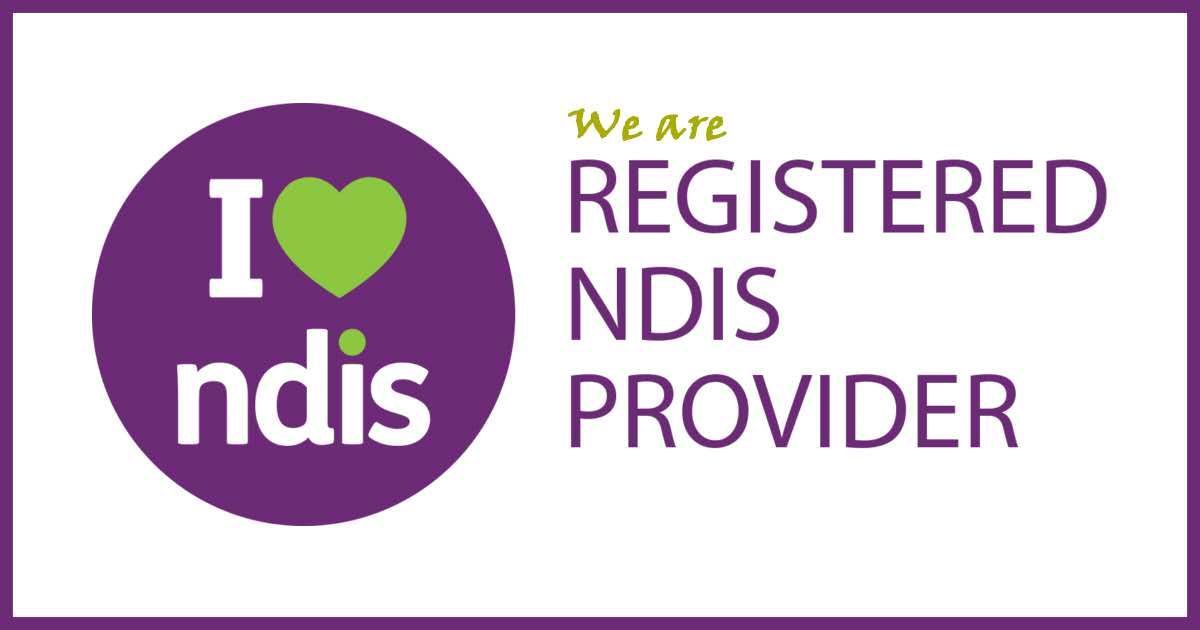Essential Tips for Career Advancement in Aged Care Nursing
As an aged care nurse, you're in a field that's constantly evolving and full of opportunities. The aged care sector is growing rapidly, offering numerous career pathways for those passionate about caring for older adults. Whether you're just starting out or looking to advance your existing career, understanding the key strategies for progression in aged care nursing can open doors to exciting new roles and responsibilities.
In this article, you'll discover essential tips to boost your career in aged care. We'll explore how to master person-centred care approaches, embrace new technologies, develop leadership skills, and stay up-to-date with policies and regulations. These insights will help you navigate your career path in aged care, unlock new opportunities, and make a lasting impact in the lives of older adults. So, let's dive in and explore how you can take your aged care nursing career to the next level.
Master Person-Centred Care Approaches
To advance your career in aged care nursing, it's crucial to master person-centred care approaches. This involves tailoring your care to each individual's unique needs, preferences, and cultural background. Let's explore three key aspects of person-centred care that can help you excel in your role.
Individualised Care Planning
Developing individualised care plans is essential for providing high-quality care. These plans should outline the specific support and services needed by each person under your care. To create effective care plans:
- Involve the person being cared for in the planning process
- Conduct ongoing assessments to identify changing needs
- Include clear interventions and expected outcomes
- Regularly evaluate and update the plan
By creating comprehensive care plans, you ensure that each person's preferences and needs are known and met, improving their quality of life and your professional skills.
Cultural Competence
To provide truly person-centred care, you must develop cultural competence. This means:
- Understanding and respecting each individual's cultural background
- Being mindful of cultural similarities and differences
- Using cultural knowledge to inform your communication and care approach
Remember that culture encompasses values, customs, languages, and shared experiences. By incorporating cultural awareness into your care, you can make a significant difference in the lives of those you support.
Promoting Independence
Encouraging independence is a crucial aspect of person-centred care. To help older adults maintain their autonomy:
- Organise activities that promote social engagement and connectivity
- Encourage physical activity to maintain mobility and strength
- Ensure the living environment is safe and easily navigable
- Offer support while allowing individuals to do as much as they can for themselves
By mastering these person-centred care approaches, you'll not only enhance the quality of life for those in your care but also advance your career in aged care nursing.
Embrace Technology in Aged Care
To advance your career in aged care nursing, it's crucial to embrace technology. The sector is rapidly evolving, and staying up-to-date with technological advancements can significantly enhance your skills and the quality of care you provide.
Electronic Health Records
Electronic Health Records (EHR) have become an integral part of nurse-patient interactions across healthcare settings. As you navigate this digital landscape, it's important to understand both the benefits and challenges of EHR systems:
- Improved communication and patient connection
- Enhanced patient safety through digital prompts and checklists
- Potential interruptions to patient communication
- Increased time spent on documentation
To make the most of EHR systems, focus on maintaining a balance between digital documentation and personal patient interaction. Remember, while EHR is essential for patient safety, it shouldn't overshadow the importance of person-centred care.
Telehealth and Remote Monitoring
Telehealth and remote monitoring technologies are transforming aged care, offering numerous benefits:
- Reduced emergency room visits and hospitalisations
- Improved medication adherence
- Increased access to specialist care
- Early detection of health issues
To excel in your role, familiarise yourself with various telehealth platforms and remote monitoring devices. These tools can help you provide more efficient and effective care, especially for patients with chronic conditions.
Assistive Technologies
Embracing assistive technologies can significantly improve the quality of life for your patients and streamline your caregiving tasks. Some key assistive technologies include:
- Mobility aids (e.g., smart walkers, wheelchairs)
- Safety devices (e.g., fall detection systems, smart home sensors)
- Communication aids (e.g., speech-generating devices, visual signal alerts)
- Smart toilets and continence management systems
By familiarising yourself with these technologies, you'll be better equipped to recommend and implement solutions that enhance patient independence and dignity.
Develop Leadership and Management Skills
To advance your career in aged care nursing, it's crucial to develop strong leadership and management skills. These skills will enable you to guide your team effectively, implement quality improvement initiatives, and manage resources efficiently.
Team Leadership
As a nurse leader in aged care, you have a unique position to lead not only your nurse peers but also the entire primary health care team. To be an effective leader, you need to be adaptable, resourceful, and trustworthy. Focus on creating a healthy work environment by attending to the physical, social, and mental well-being of both patients and staff. Develop strong communication skills and practice active listening. Implement shared decision-making practices to encourage full participation from all stakeholders.
Quality Improvement Initiatives
Continuous improvement is essential in aged care. To drive quality improvement:
- Develop a written plan for continuous improvement (PCI) as required by regulations.
- Assess, monitor, and improve care and services against the Aged Care Quality Standards.
- Involve people receiving aged care in improvement activities.
- Regularly monitor and evaluate progress using the Plan-Do-Check-Act cycle.
Budgeting and Resource Management
Effective budgeting and resource management are critical for the success of aged care facilities. To improve your skills in this area:
- Create well-designed budgets to estimate revenue and plan for expenditures.
- Build flexibility into your budgets to accommodate changes.
- Consider ACFI optimisation to generate funding security.
- Plan for large expenses by saving capital regularly in a dedicated account.
By developing these leadership and management skills, you'll be better equipped to navigate the challenges of aged care and advance your career in this rewarding field.
Stay Updated on Aged Care Policies and Regulations
To advance your career in aged care nursing, it's crucial to stay informed about the latest policies and regulations. This knowledge ensures you provide high-quality care that meets Australian standards.
Accreditation Standards
The Aged Care Quality Standards define what good care looks like in Australia. These standards apply to all government-funded aged care services. As a nurse, you should be familiar with the eight standards:
- Consumer dignity and choice
- Ongoing assessment and planning with consumers
- Personal care and clinical care
- Services and supports for daily living
- Organisation's service environment
- Feedback and complaints
- Human resources
- Organisational governance
These standards emphasise person-centred care, which involves partnering with patients to set goals and make decisions about their care. Remember, supporting 'dignity of risk' is essential, allowing patients to make choices even if they involve some managed risks.
Aged Care Quality and Safety Commission Guidelines
The Aged Care Quality and Safety Commission regulates aged care services to protect the health, safety, and wellbeing of older Australians. To excel in your role, you should understand:
- The accreditation and re-accreditation process
- Quality reviews and audits
- Continuous improvement practices
- Self-assessment requirements
It's important to know that the Commission assesses whether care is safe, high-quality, and meets people's needs and preferences. If a service isn't providing high-quality care, the Commission will require action. Stay informed about these processes to contribute effectively to your organisation's compliance efforts.
Conclusion
Advancing your career in aged care nursing requires a multifaceted approach. By mastering person-centred care, embracing new technologies, developing leadership skills, and staying updated on policies, you can enhance your professional growth and make a significant difference in the lives of older adults. These strategies not only boost your career prospects but also contribute to improving the quality of care in the aged care sector.
As you move forward in your career, remember that continuous learning and adaptability are key. The aged care field is always evolving, presenting new challenges and opportunities. By applying these tips and maintaining a passion for care, you'll be well-equipped to navigate your career path, unlock new roles, and leave a lasting impact on the lives of those you support.













